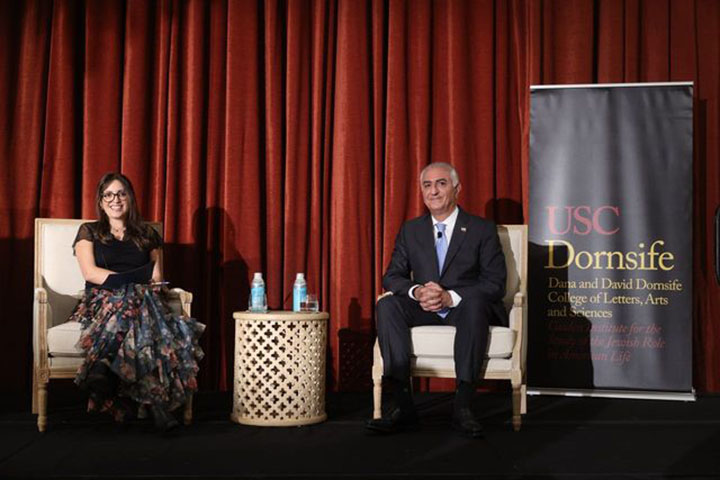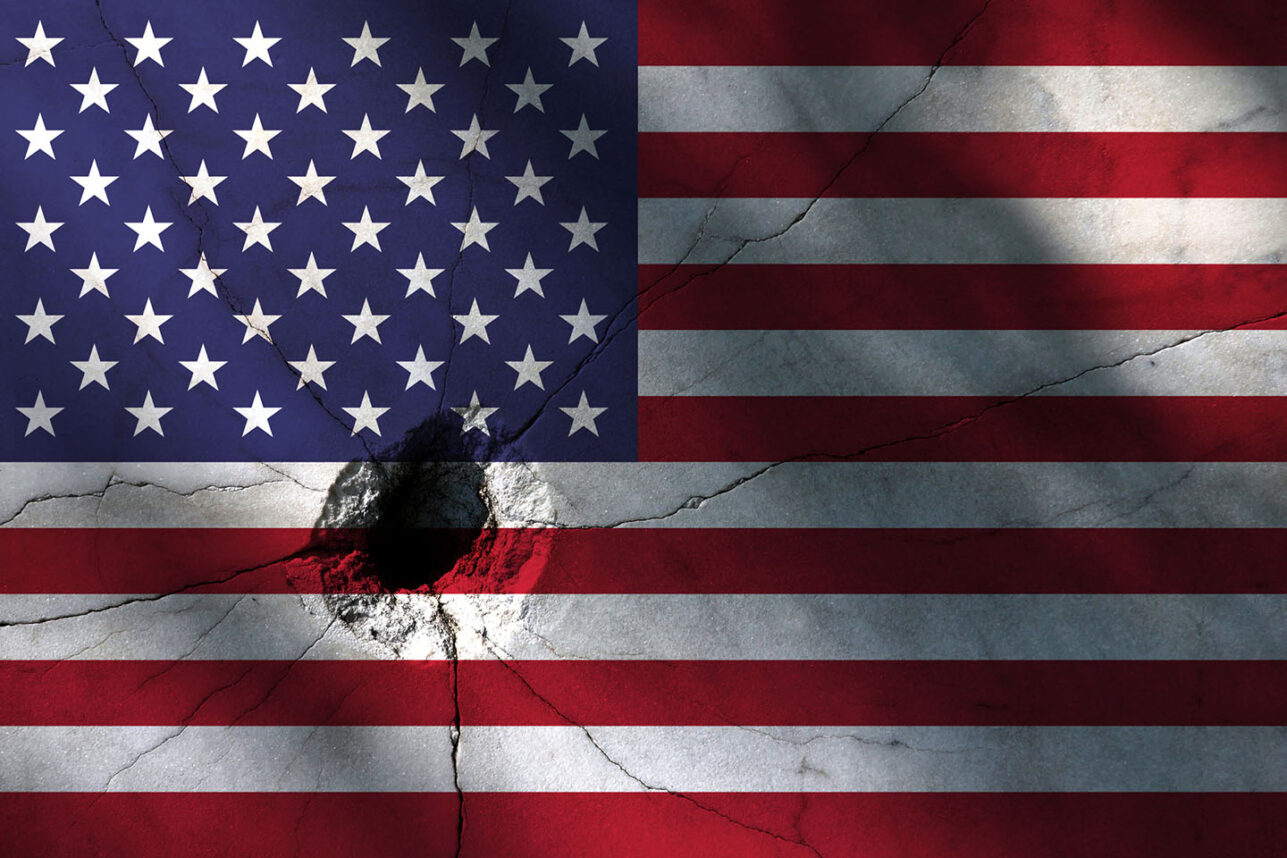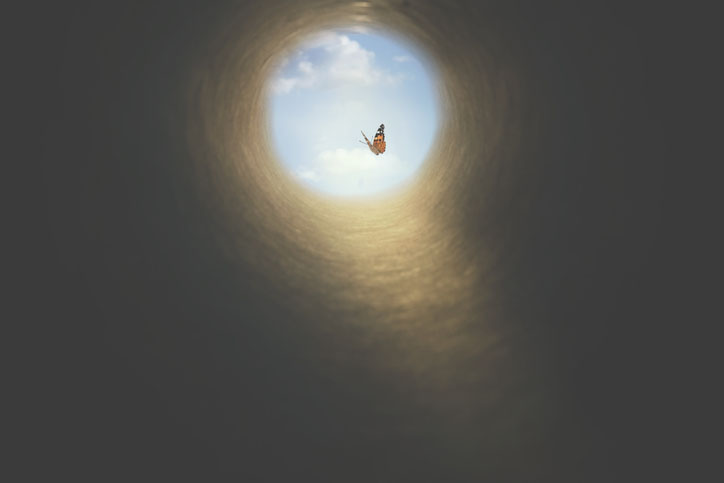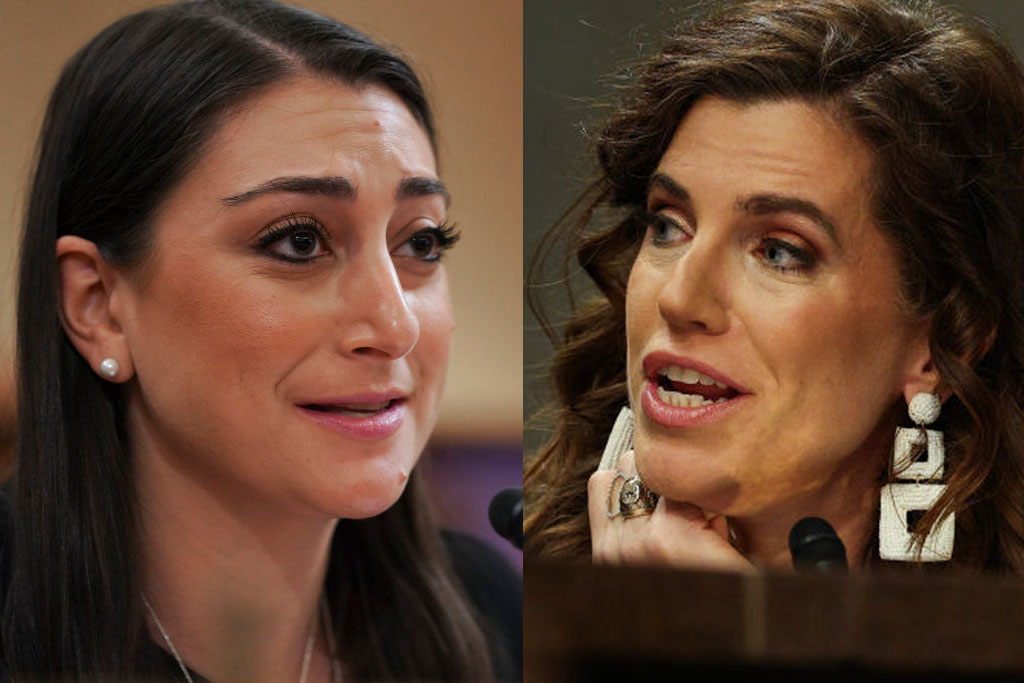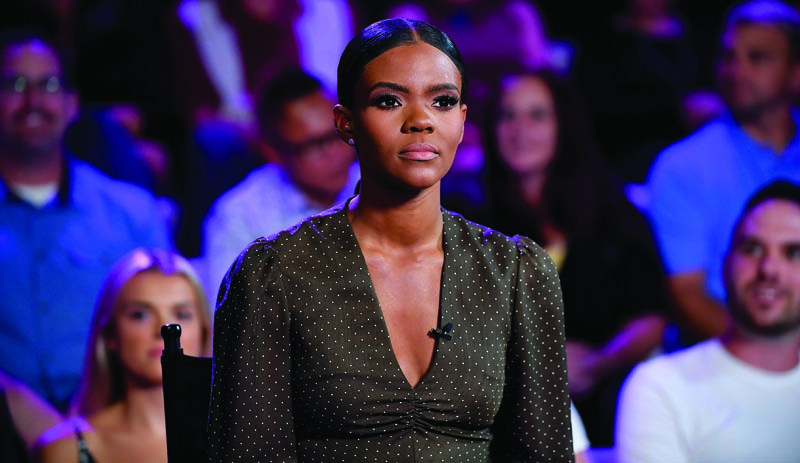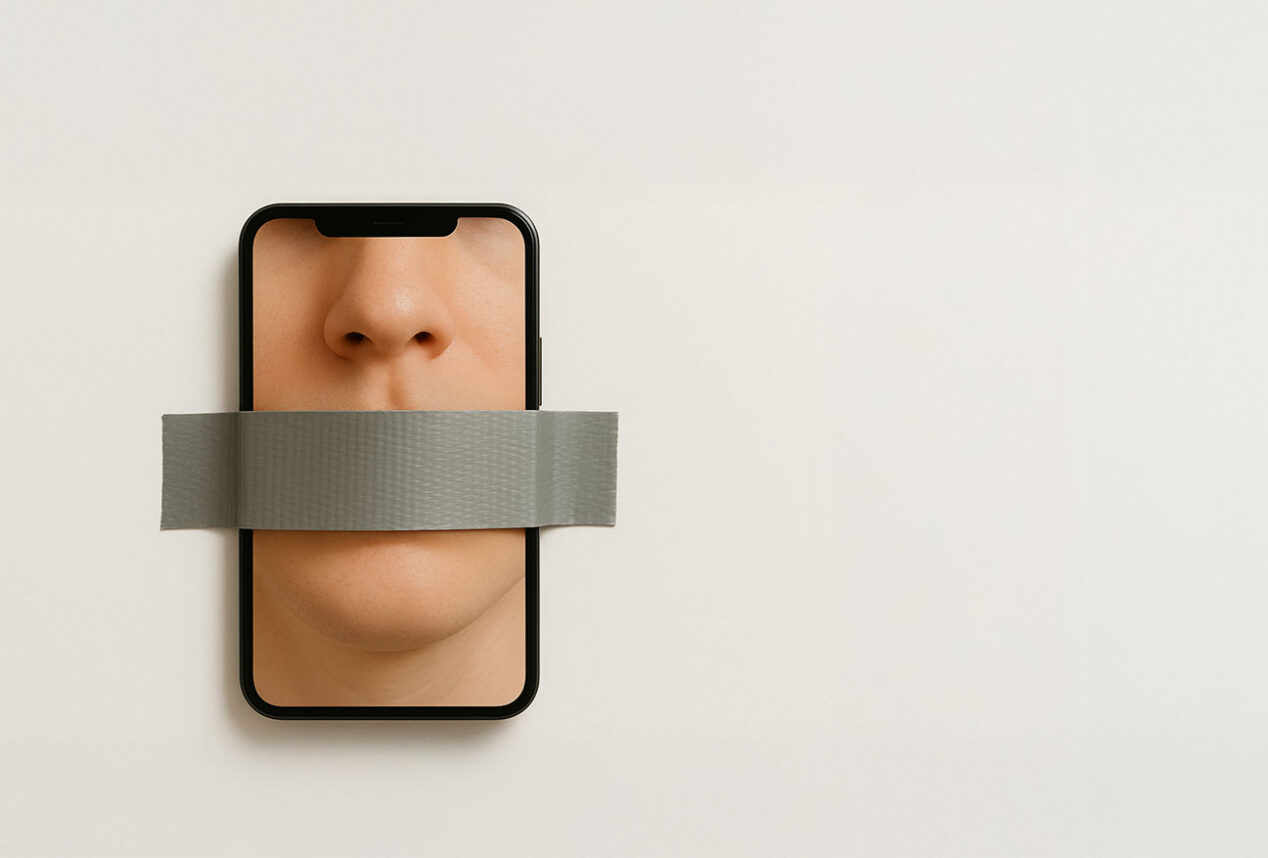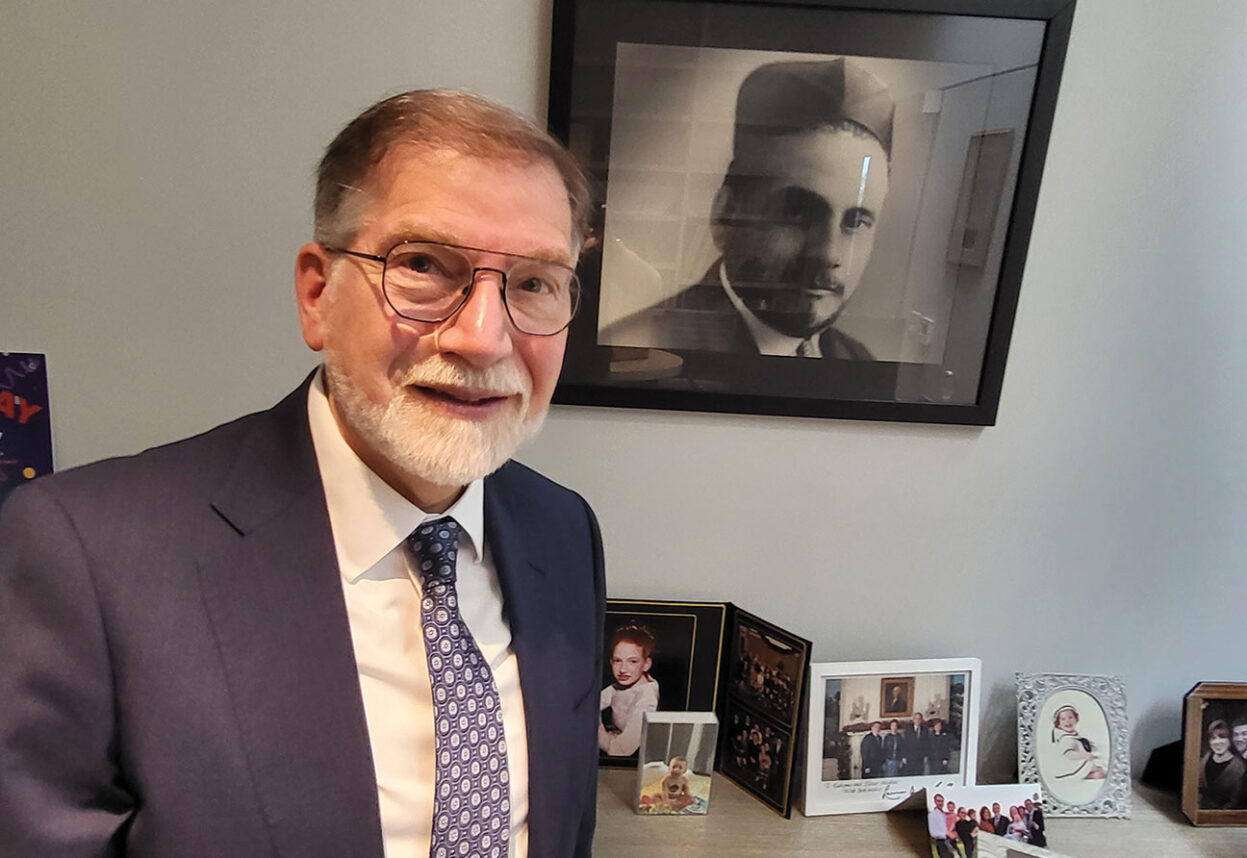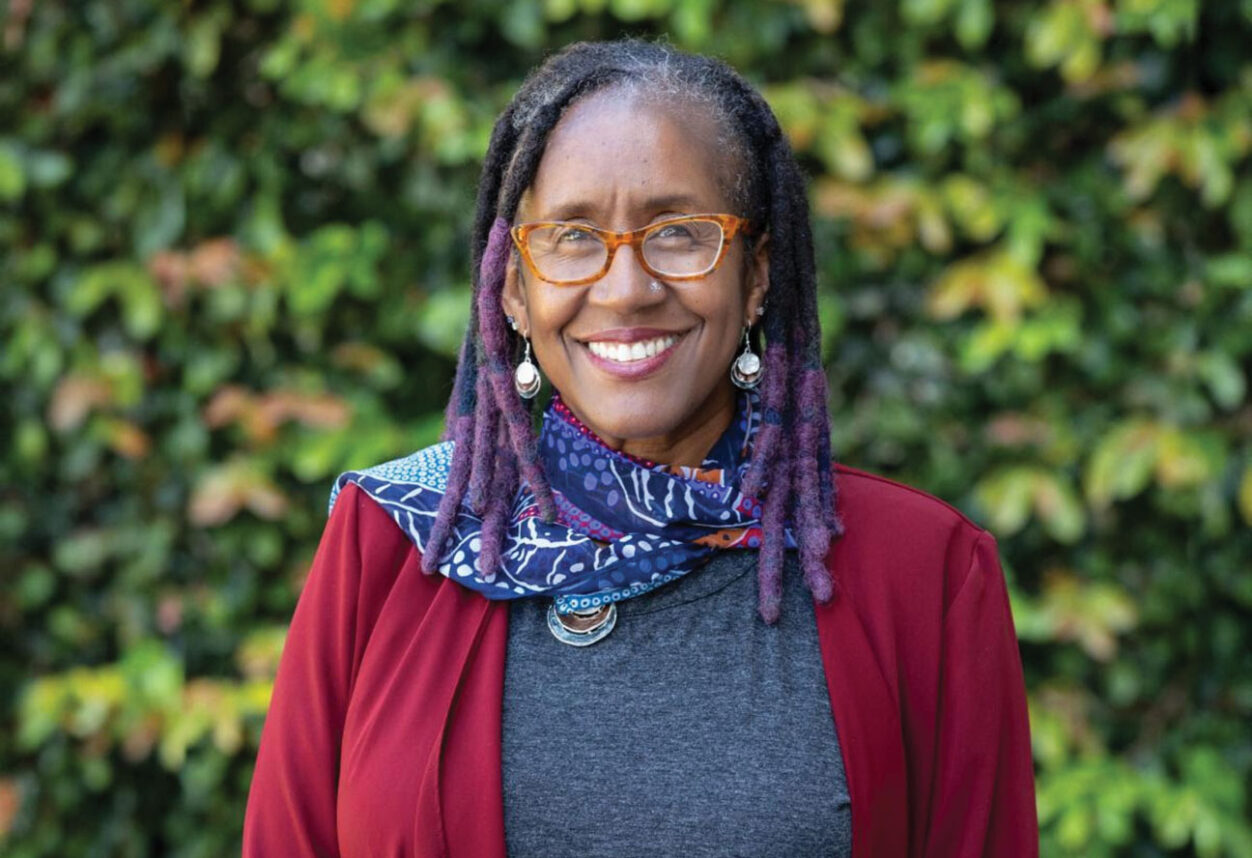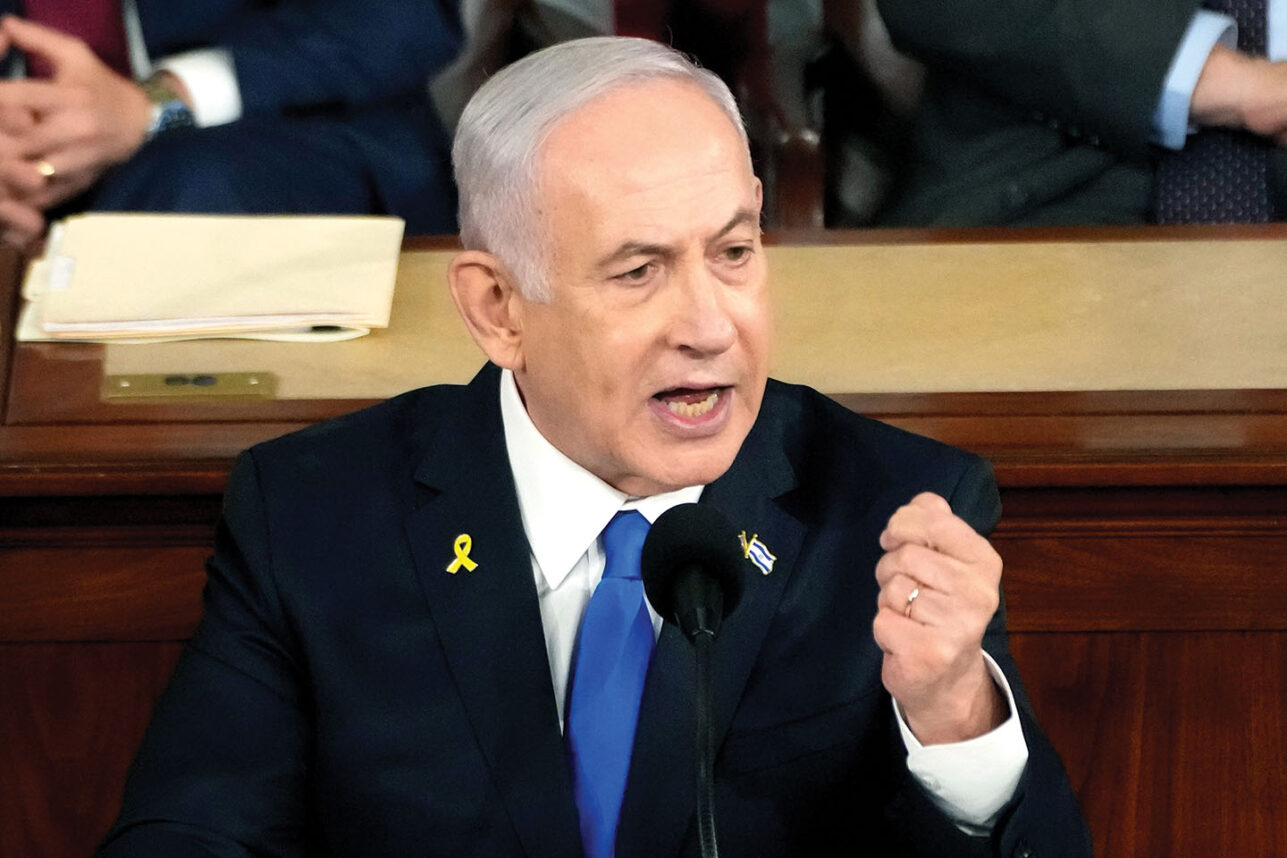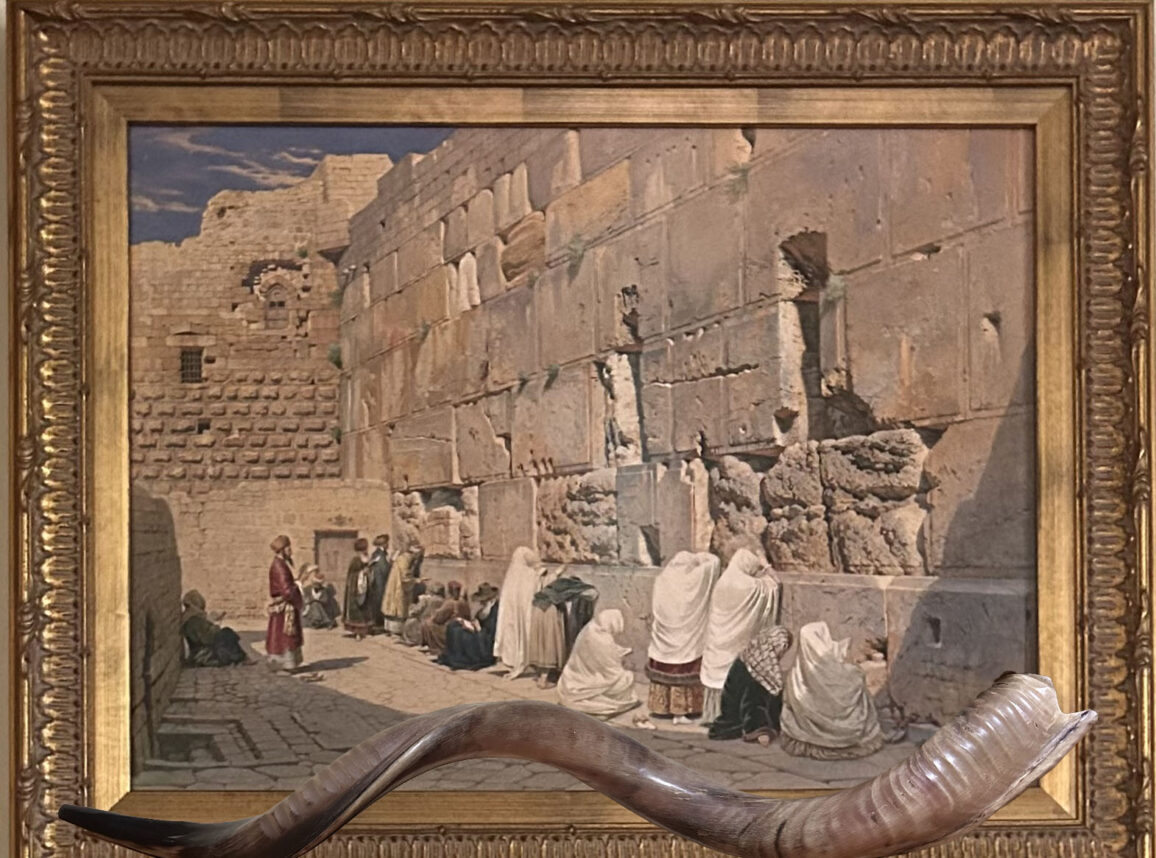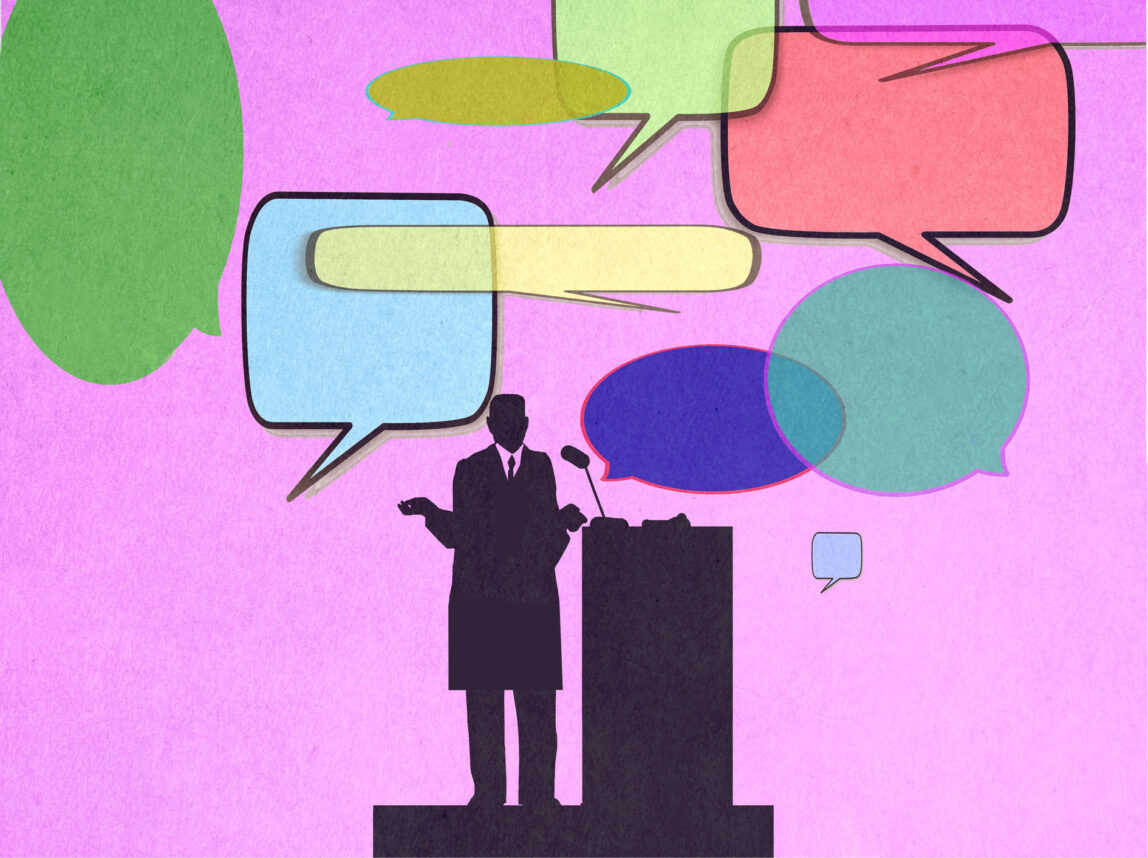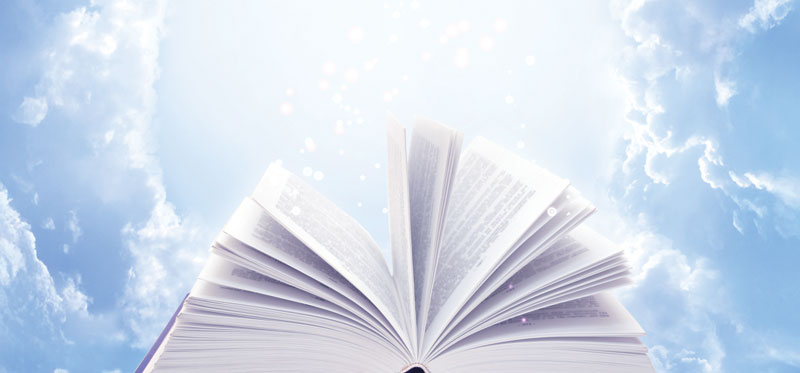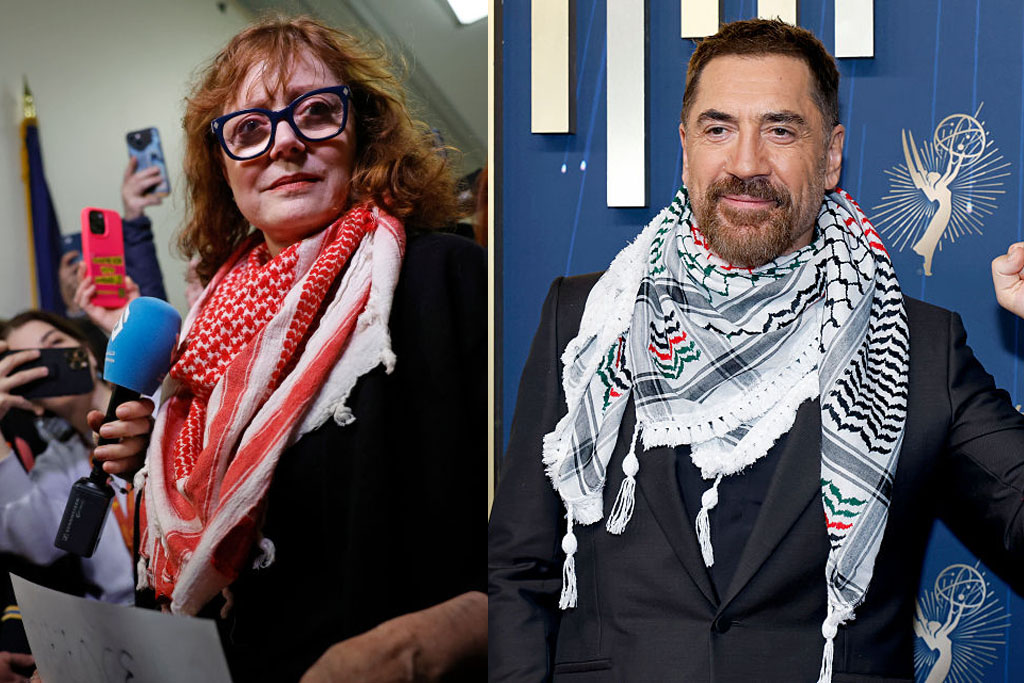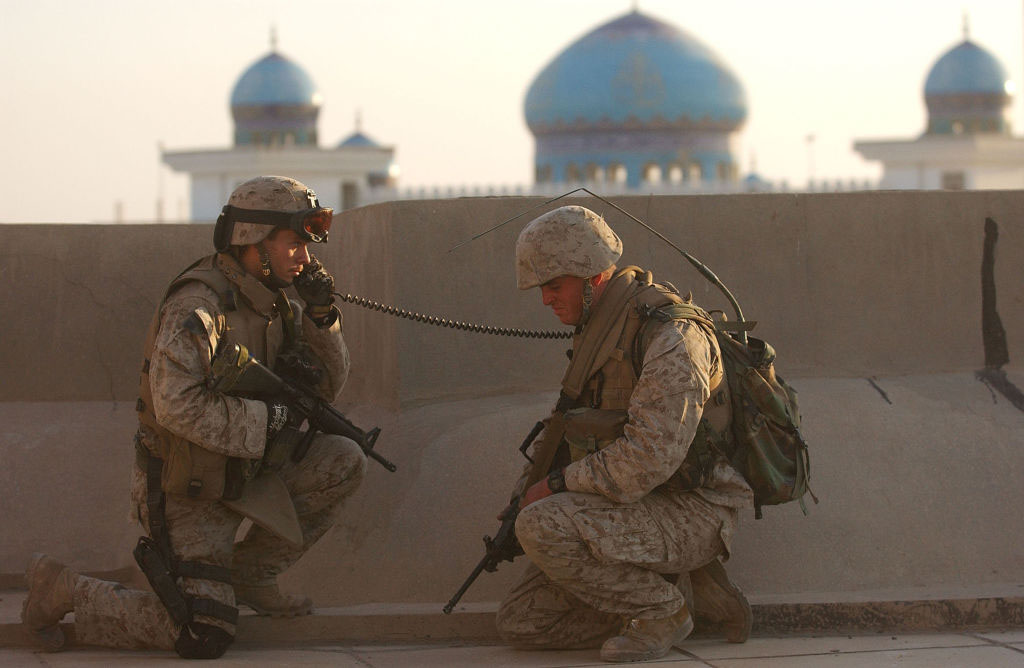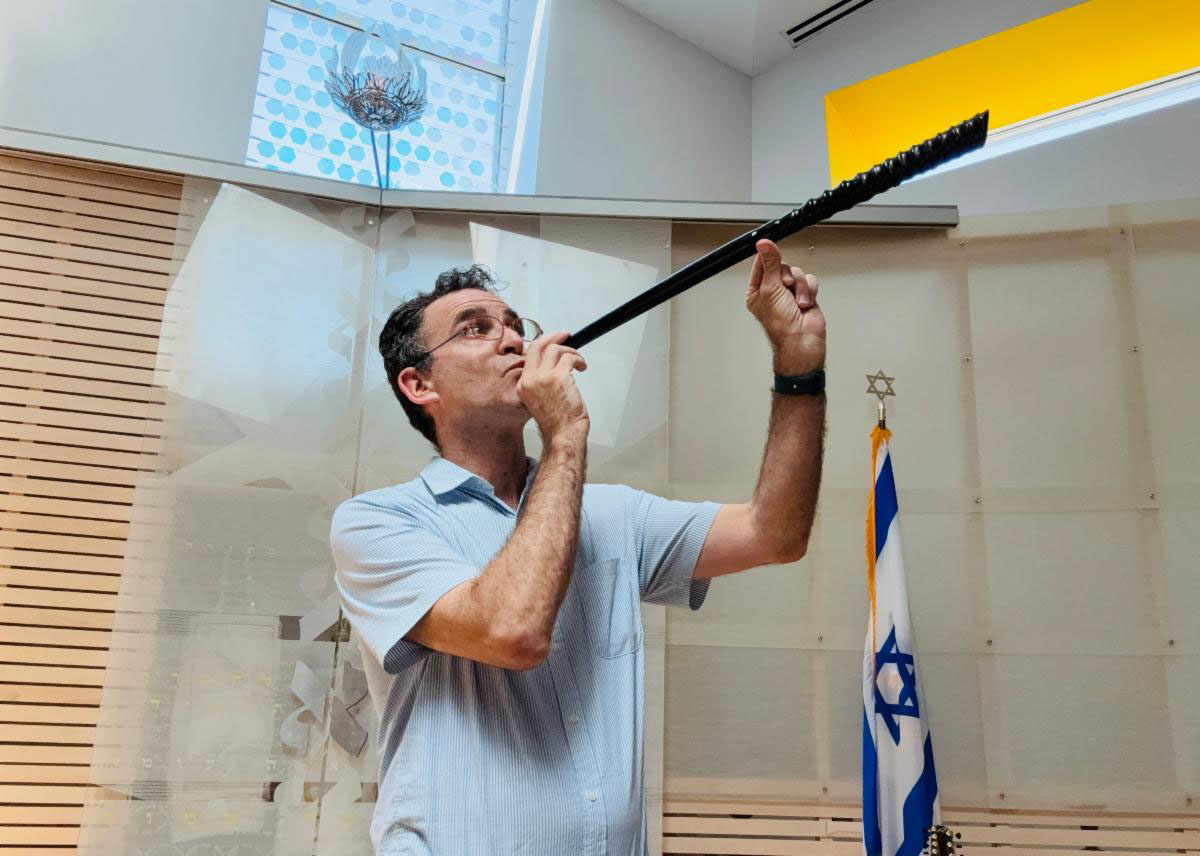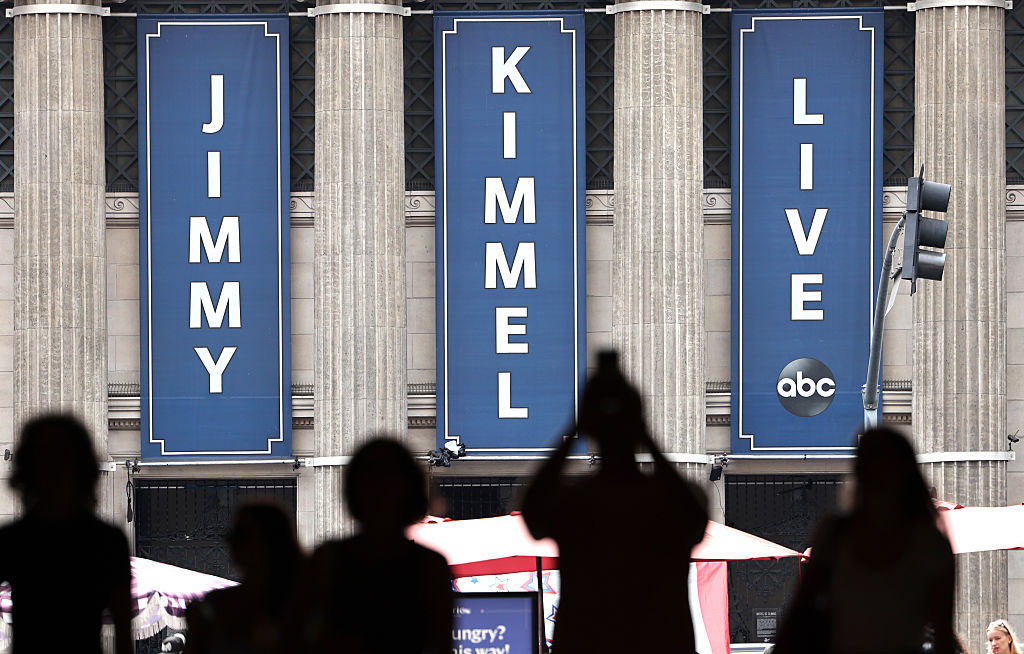
In the firestorm over Jimmy Kimmel’s suspension from his late-night talk show, which has turned him into a free speech martyr, virtually everyone is ignoring Kimmel’s approach to speech itself.
Kimmel was suspended by ABC after blowback from his comments suggesting that the accused shooter of Charlie Kirk was actually “MAGA” rather than a leftist sympathizer (an obvious and misleading falsehood). ABC is a private company and has every right to can Kimmel, especially given that some local affiliates had already pulled the show. The problem is that ABC, and its corporate owner Disney, clearly looked like they were reacting to political pressures, which was a terrible optic. They shouldn’t be shocked, then, by the pro-Kimmel “free speech” firestorm they have unleashed.
This free speech brouhaha, however, has covered up an essential truth about speech and comedy: Comedians with blatant political agendas betray their own profession and tend to be tedious and boring. The whole beauty and power of comedy is that it takes on all comers—left or right, religious or secular, Democrat or Republican, you name it—without fear of upsetting people. What is sacred is the joke.
What seemed sacred to Kimmel, however, in his monologues and his choice of guests, was whether he agreed with their politics.
This year, according to media watchdog NewsBusters, Kimmel welcomed 13 left-leaning guests and no Republicans. The portion of Kimmel’s jokes and gags targeting conservatives surged — from 88% in 2023 to 97% this year.
Kimmel made 1,128 jokes targeted at President Trump in 2025 alone, compared to a grand total of 26 for President Biden. Over the last couple of years, Kimmel has had 58 guests from the Democrat side and only 2 from the conservative/Republican side.
He’s hardly alone with his late-night partisan obsession. Stephen Colbert’s ratio was 176 to 1; Seth Myers 68 to zero; Jimmy Fallon 41 to 2 and The Daily Show 157 to 9.
So, when I hear “free speech hero” to describe Kimmel, forgive me if I must curb my enthusiasm.
What’s noteworthy about Charlie Kirk is that even his biggest critics have acknowledged that he was fearless in engaging with the “other side.” Over more than a decade, across hundreds of college campuses, he showed up time and time again to engage with a mostly leftist audience, many of whom despised his views. And he used facts and arguments rather than the partisan yelling we see on cable TV or the smug put-downs we see on late-night.
Through these courageous engagements, Kirk embodied the highest ideal of liberty, the ideal that honors free and open expression.
So, I ask you, who is the real free speech hero?









